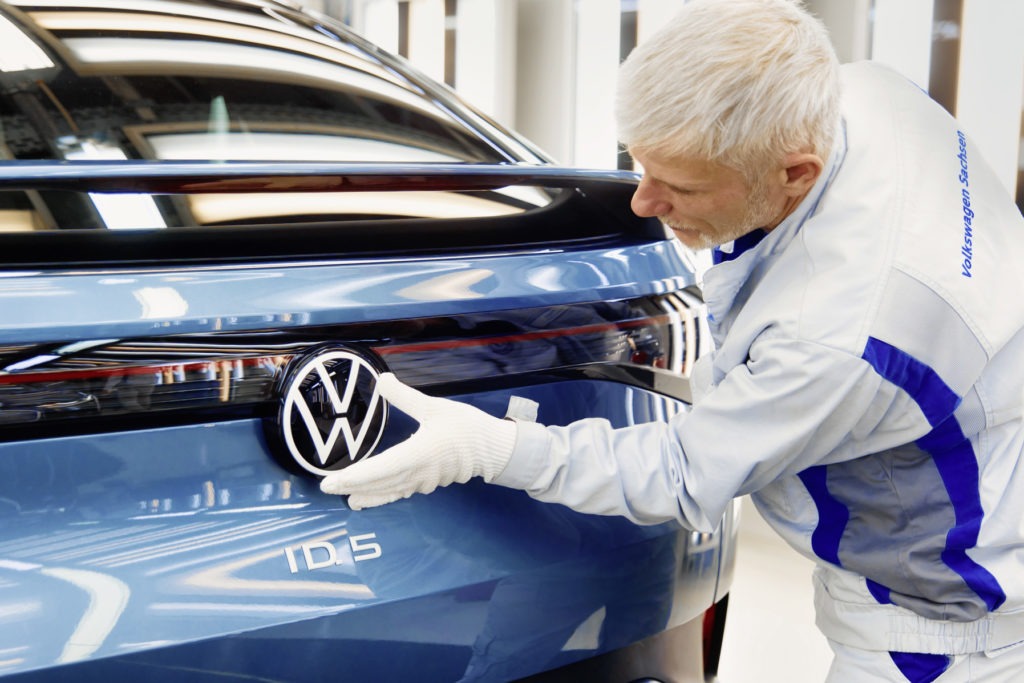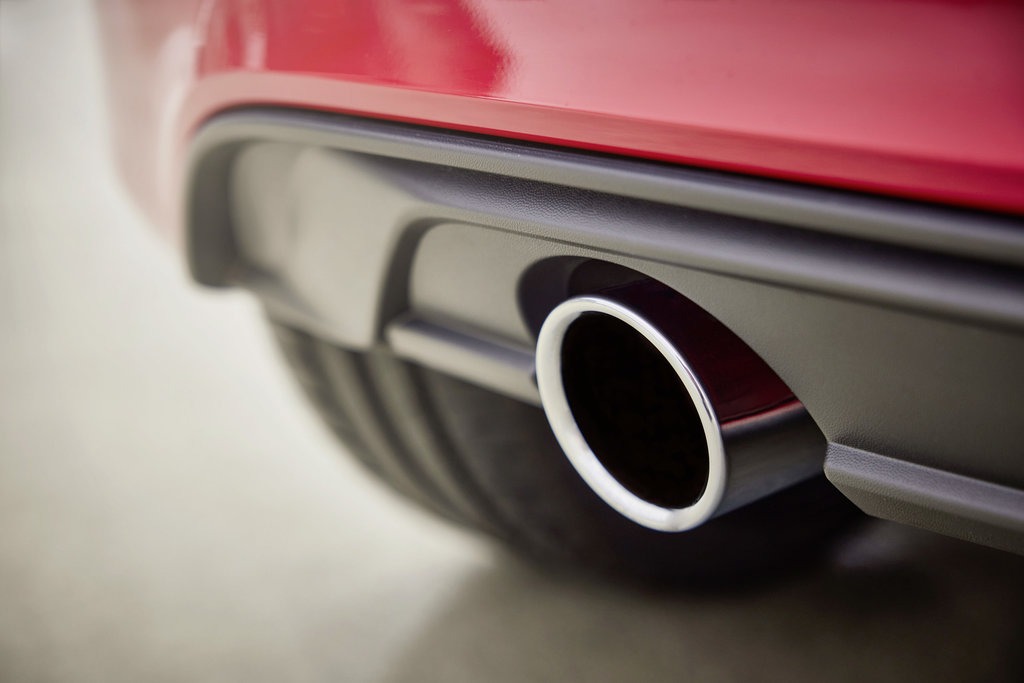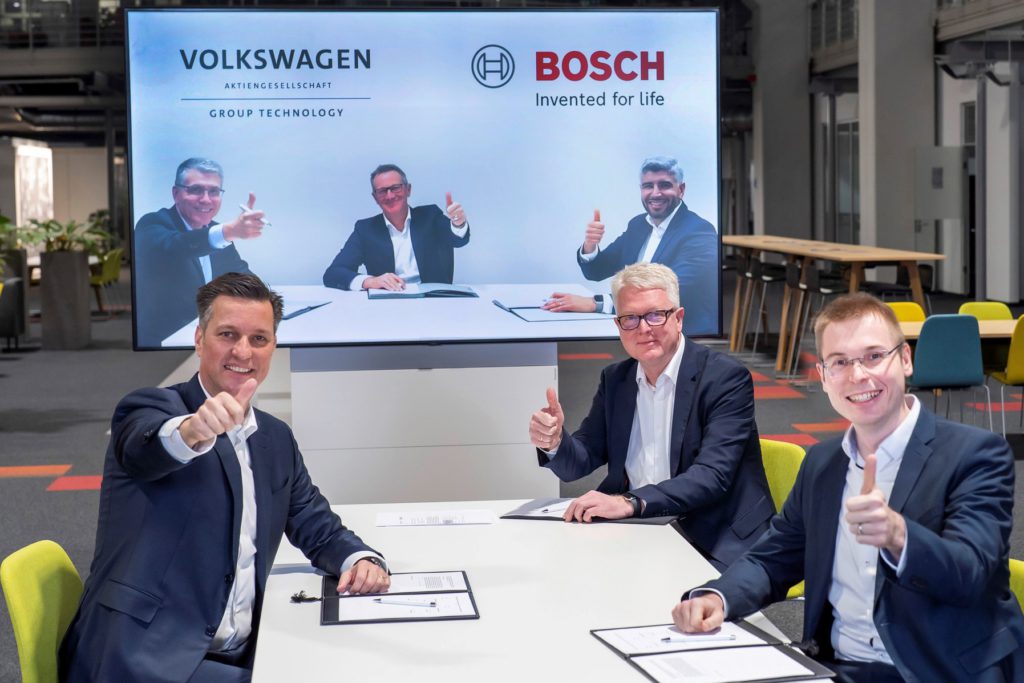Volkswagen car manufacturing plant in ‘world-first’ shift from ICE to electric production
01 February 2022

As carmakers shift their focus from internal-combustion engine (ICE) cars to battery-electric vehicles (BEVs), the need to transform manufacturing sites to cater for new technologies and electric-drive systems has become apparent. Volkswagen (VW) Group, the second-largest carmaker in the world, is trying to lead the way.
The company has just kicked off production of the ID.5, a coupé-SUV that directly competes with the Audi Q4 e-tron Sportback and Kia’s EV6, at its German Zwickau plant. It will also produce the ID.5 GTX and other electric models for the Volkswagen Audi and Cupra brands at the site. The manufacturing facility is now dedicated to producing electric cars – no small feat. VW said Zwickau has become the first large-scale plant worldwide to switch over all production from ICE vehicles to their electric counterparts.
This year, the company plans to build 1.2 million BEVs at various sites in Europe, the US and China. VW has put its focus on Zwickau, where it has injected more than €1.2 billion in the past three years to convert the plant into what it calls a ‘digital, flexible, highly-efficient showcase factory.’ Robots and driverless-transportation systems can be seen roaming around the site. The body shop has been significantly upgraded, showing high levels of automation that now reach 90%.
Full capacity
VW has bold goals to make its factories smarter. It plans to build a new site close to its German headquarters in Wolfsburg, where it wants to produce its Trinity concept car – an electrically-powered sedan with SAE Level 4 autonomy that the carmaker plans to launch in 2026. Zwickau will significantly help the company ramp up its electrification targets.
‘After Gläserne Manufaktur Dresden, we have now converted a second Volkswagen factory in Saxony to dedicated BEV production,’ said Stefan Loth, VW chairman of the board. ‘The start of production of the ID.5 and ID.5 GTX marks the successful transformation of the Zwickau plant on the product side. Our focus now, depending on how the semiconductor situation pans out, will be on achieving full capacity. This year, we aim to exceed the 180,000 vehicles Volkswagen Saxony built in 2021.’
The carmaker is intent on expanding its product portfolio, with Zwickau paving the way for the group to electrify its production network quickly. By 2030, at least 70% percent of all VW unit sales in Europe will be BEVs. The carmaker plans to launch at least one new electric car each year. The company said models produced in Zwickau will be carbon-neutral, including the entire supply and production chain. ‘Unavoidable emissions’, it said, would be offset through climate action. Production capacity in Zwickau will correspond to an annual output of more than 300,000 vehicles.
Employee support
While VW has clashed with its workers at its manufacturing sites in the past, it has won over the support of employees at Zwickau, where thousands of jobs will now be safe. The switch, it said, helped to preserve 9,000 jobs as the carmaker wants to make the plant future-proof. A recent study by the European Association of Automotive Suppliers (CLEPA) warned that 275,000 jobs are at risk as the industry switches from ICE to electric technology.
‘Switching over to BEV production was exactly the right decision for the Zwickau plant,’ said Jens Rothe, chairman of the general works council at VW Saxony. ‘Demand for our models is booming, and our team’s jobs will be safe for years to come. We are a trailblazer of change and have repaid the group’s trust in us. This is first and foremost a fantastic achievement by our workforce.’



